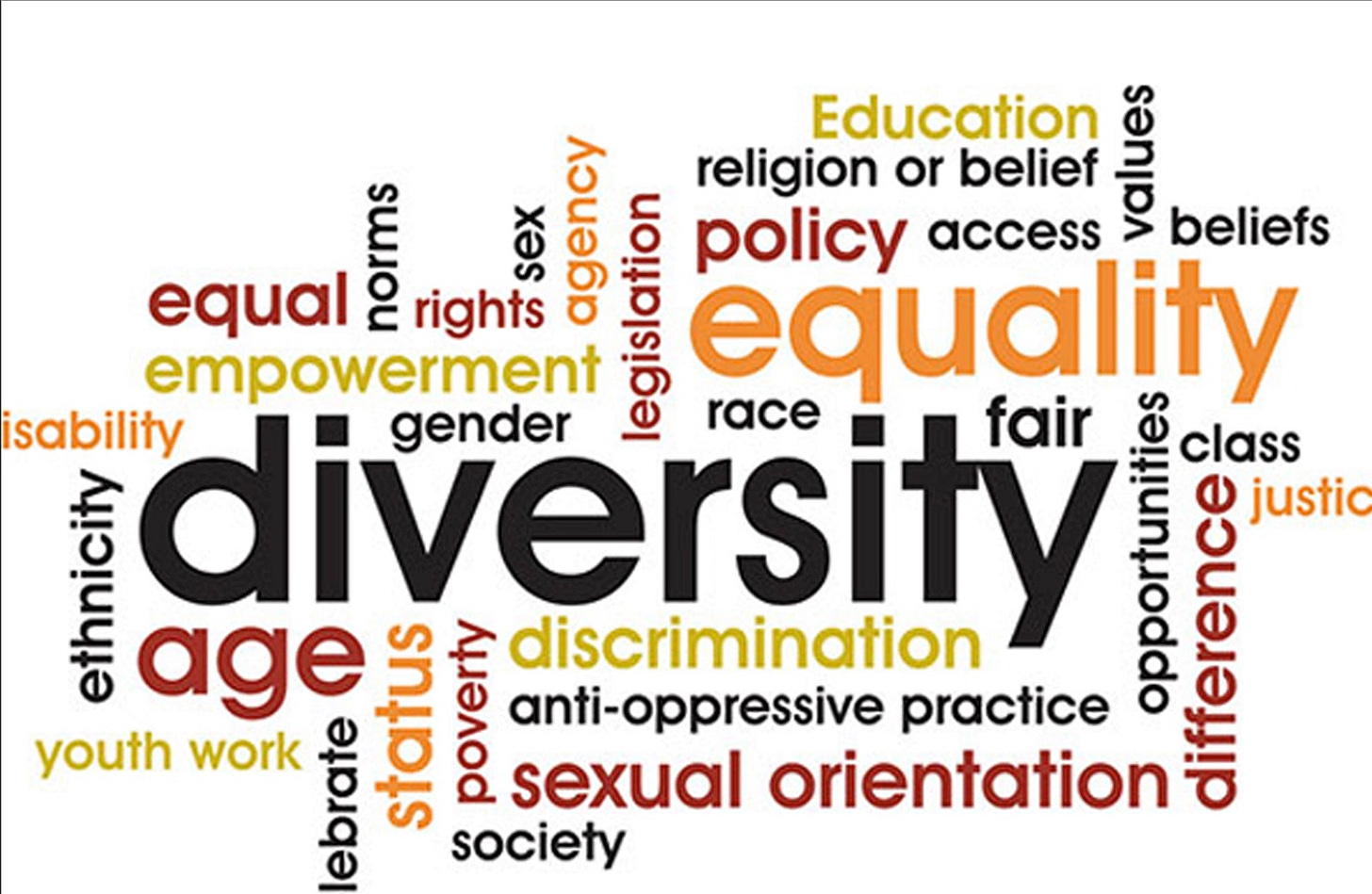When considering the Pros and Cons of the DEI debate, is one side more correct than the other?
This is the second of three articles on Diversity, Equity, and Inclusion.
When considering the Pros and Cons of the DEI debate, is one side more correct than the other?
The question of whether one side of the DEI debate is "more correct" than the other is challenging, as perspectives on DEI stem from deep-seated beliefs, values, and experiences. Both sides raise valid points, and improving the perception of DEI programs requires acknowledging these concerns while maintaining the programs' core mission of fostering fairness, respect, and inclusion.
Evaluating the Core Truths in Each Perspective
Supporters of DEI: Proponents argue that DEI initiatives address longstanding inequities and work to create a more inclusive and supportive environment for all. They emphasize that a diverse and equitable environment not only benefits individuals from underrepresented groups but also improves organizations by fostering innovation and collaboration. These are well-founded claims; studies show that diverse teams often outperform homogeneous ones and that inclusive work cultures contribute to greater employee engagement and retention.
Critics of DEI: Opponents, particularly those concerned with fairness, worry that DEI programs may sometimes prioritize identity over merit or inadvertently create reverse discrimination. For example, if diversity goals turn into rigid quotas, this can be seen as favoring demographic characteristics over individual qualifications. Additionally, critics argue that DEI initiatives can sometimes focus too much on identity categories, potentially fostering division rather than unity. These critiques are worth considering, as they highlight potential pitfalls in the implementation of DEI initiatives.
Steps to Improve the Perception of DEI
To make DEI more widely accepted and to address concerns from all sides, organizations can take several practical steps:
Focus on Fairness and Merit: Emphasize that DEI initiatives do not replace or undermine merit but ensure everyone has equal opportunities to demonstrate their abilities. When designing DEI programs, organizations can make clear that they are not about advantaging one group over another but about ensuring a fair and level playing field.
Promote Transparency and Accountability: Openly share how DEI initiatives are designed and measured. Transparency builds trust, especially if organizations are willing to disclose the goals, processes, and metrics they use to assess their effectiveness. Regularly collecting and sharing data on DEI programs’ outcomes can show that these initiatives are producing positive results without compromising fairness.
Involve a Range of Perspectives in Program Design: When developing DEI programs, include voices from across the political and ideological spectrum. This inclusivity can help ensure that the program reflects a broad range of perspectives and addresses common concerns, making it more likely that employees from all backgrounds will feel represented and respected.
Focus on Shared Goals and Humanity: Instead of focusing only on differences, DEI initiatives can highlight shared goals, such as the desire for a supportive and inclusive environment where everyone feels valued. Framing DEI in terms of shared values—like respect, fairness, and kindness—can help reduce the perception that DEI is divisive.
Implement DEI Training Thoughtfully: Mandatory training can sometimes backfire, especially if perceived as ideological or inducing defensiveness. Instead, training programs can focus on building awareness, empathy, and communication skills in a non-confrontational way, helping participants understand the value of diversity without feeling singled out or judged.
Adapt DEI Strategies Based on Feedback: DEI programs should be dynamic, adapting based on feedback from all stakeholders, including those who may initially feel skeptical or critical. Incorporating regular feedback and assessment ensures that programs evolve to address concerns, increasing their long-term success and acceptance.
Ensuring DEI Programs Are Truly Fair and Equitable
To guarantee that DEI initiatives remain fair and equitable for everyone, they should avoid rigid quotas and focus instead on creating pathways for underrepresented groups to succeed without compromising the principles of merit and individual achievement.
Implement Inclusive Recruitment Practices: Rather than focusing on quotas, organizations can ensure their hiring processes are designed to attract a diverse range of candidates. For example, they can use diverse hiring panels, create inclusive job descriptions, and advertise in diverse spaces. By increasing the pool of applicants without mandating specific outcomes, organizations can maintain fairness while still promoting diversity.
Focus on Equal Access to Opportunities: DEI can be reinforced by creating equal access to training, mentorship, and professional development. By focusing on expanding access to resources rather than on specific demographic outcomes, organizations emphasize that DEI gives everyone the tools to succeed based on their own merits.
Emphasize a Culture of Inclusion and Respect: Ensure that DEI programs encourage respect and inclusion for everyone, regardless of background or beliefs. A culture that prioritizes respect and kindness fosters positive interactions and mutual understanding, helping to alleviate concerns that DEI initiatives are divisive.
Use DEI Metrics Wisely: Measurement is essential for assessing the success of DEI programs, but it should inform strategy, not force specific outcomes. Metrics can include employee satisfaction, retention rates, and the diversity of applicant pools, among other factors. By focusing on progress and fair processes rather than strict targets, organizations can ensure that DEI initiatives feel fair to everyone involved.
The perception of DEI programs as divisive or unfair is a complex issue that involves political, social, and cultural factors. No single perspective is “more correct,” but each offers insights that can improve how DEI is implemented. By emphasizing merit, transparency, inclusion of diverse perspectives, and shared goals, DEI programs can become more widely accepted and effective. Fair, thoughtfully implemented DEI initiatives can foster workplaces and communities where everyone has an opportunity to succeed, helping to create a more equitable and unified society.





